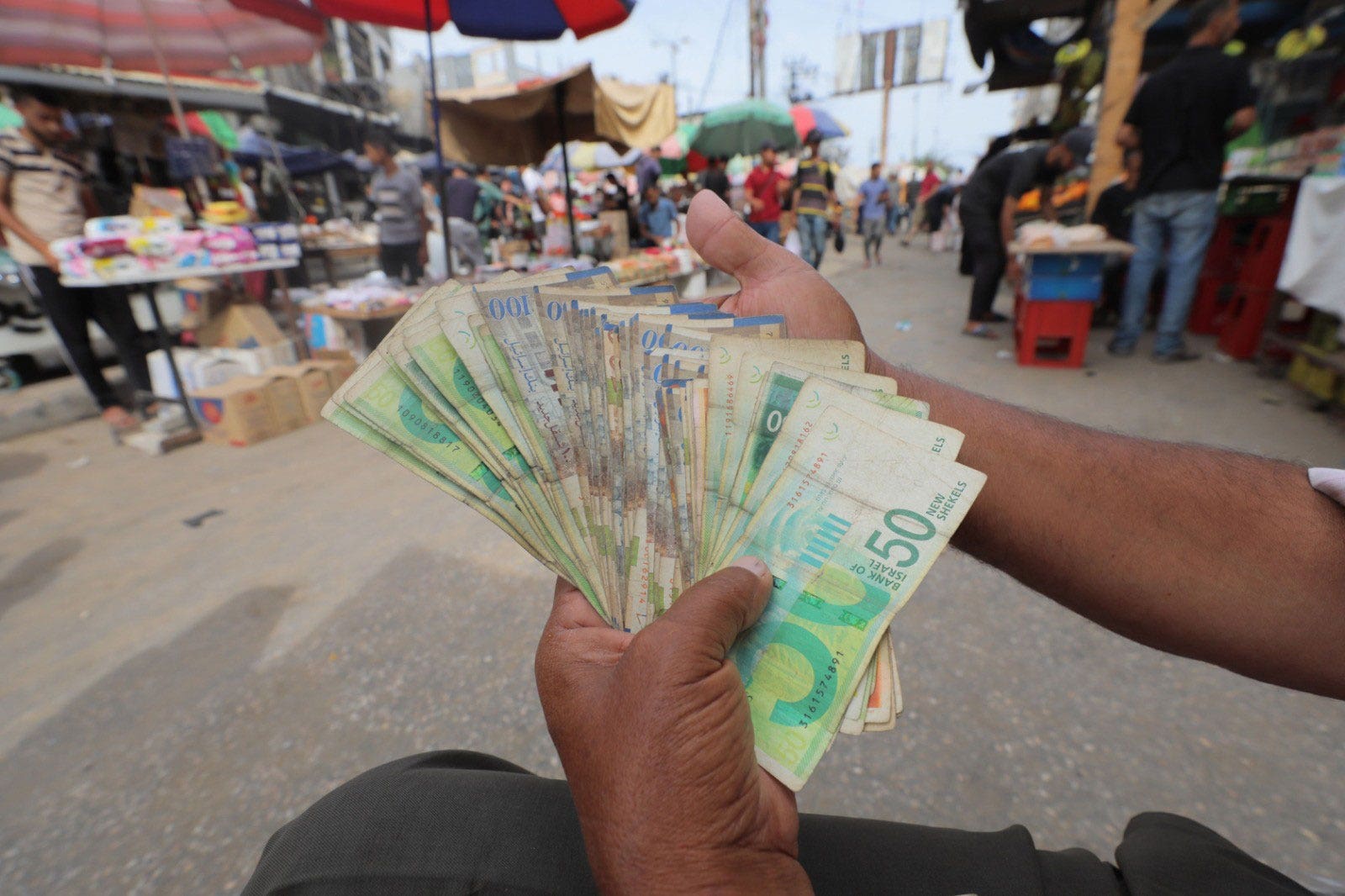Hamas exploits UN cash app for Gazans, steals vital aid meant for civilians

Protesters in Gaza Take Aim at Hamas
In a surprising turn of events, residents of Gaza are beginning to speak out against Hamas, the militant group that has ruled the region for the past 18 years. This bold move comes with great personal risk, as dissent is not tolerated by the authoritarian regime. Fox News correspondent Mike Tobin has reported on this unprecedented wave of protest in the war-torn region.
One key issue that has sparked outrage among Gazans is the way in which Hamas is manipulating international aid money for its own benefit. Eyal Ofer, an expert on Hamas’ financial operations, revealed that the group and its affiliates are controlling the flow of cash into Gaza, siphoning off funds meant for civilians and using them to strengthen their grip on power.
The United Nations agencies send substantial sums of money into Gaza each month, with the World Food Programme alone transferring over $18 million to thousands of families. However, Ofer’s research has uncovered a disturbing trend where Hamas and its allies are skimming off a significant portion of this aid through hefty fees imposed on cash transactions.
Gaza residents like Shahab Yousef and Nidal Qawasmeh have spoken out about the exorbitant fees they are forced to pay just to access their own aid money. With fees ranging from 20% to 35%, many families are losing a substantial portion of their funds to unscrupulous money changers tied to Hamas.
Israel’s Foreign Minister Gideon Sa’ar has raised concerns about Hamas’ economic stranglehold on Gaza, pointing to the billions of shekels in cash flowing through the region. He has called for measures to disrupt Hamas’ financial network, such as cancelling the circulation of certain currency denominations. However, the Bank of Israel has balked at this proposal, citing technical challenges.
In response to these revelations, international aid agencies like UNICEF have introduced digital cash payments via e-wallets to bypass the need for physical cash and eliminate fees. This move is aimed at ensuring that aid reaches those in need without lining the pockets of Hamas.
Despite these efforts, critics like international lawyer Peter Gallo argue that aid agencies must do more to prevent Hamas from profiting off humanitarian assistance. Gallo points out that Hamas’ exploitation of aid money is a violation of international efforts to combat terrorist financing, and calls on the U.N. Security Council to take action.
As Gaza residents continue to brave the risks of speaking out against Hamas, the international community must step up its efforts to ensure that aid reaches those who need it most, without lining the pockets of militants. The fight for transparency and accountability in Gaza’s aid system is far from over, but the voices of protesters are a powerful reminder that change is possible.




